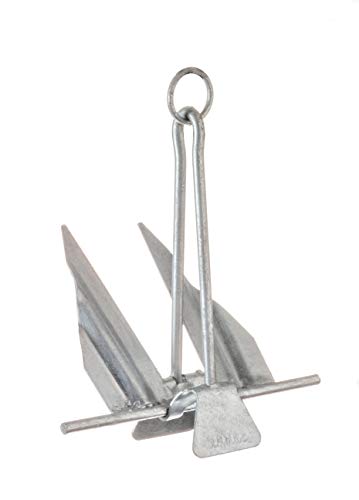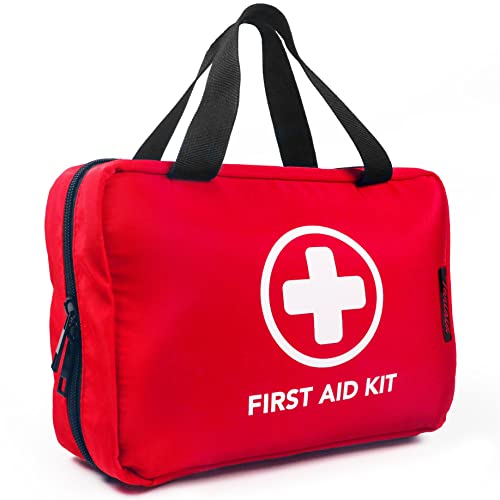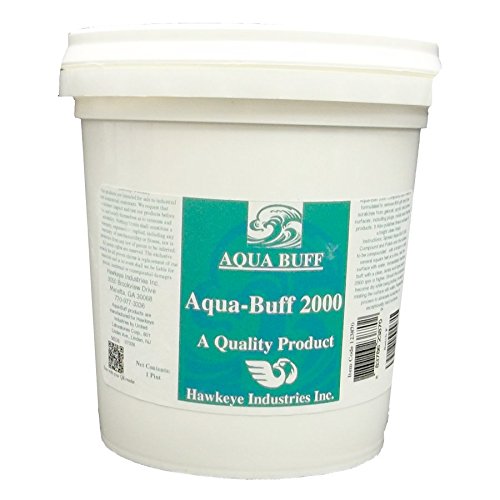medicineman
Member
I have read the threads on here but am confused.
No Zinc plated bolts on transoms? What kind of bolts will not react with aluminum transom? SS 316 and a dab of 3M 5200?
No Zinc plated bolts on transoms? What kind of bolts will not react with aluminum transom? SS 316 and a dab of 3M 5200?























































